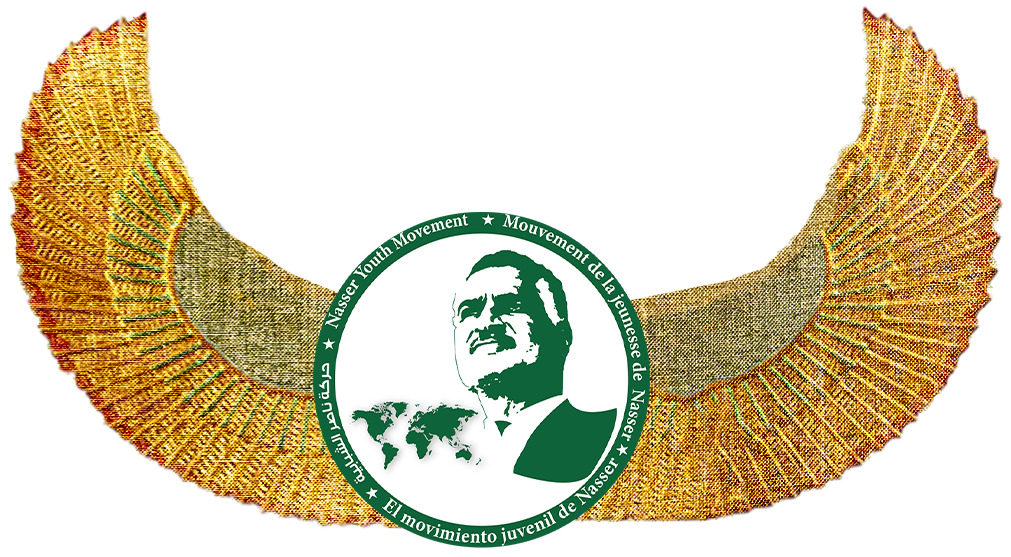Ahmed Sékou Touré ... Son of the National Movement
“The capital of the underdeveloped countries lies in the human capacities ... We prefer freedom in poverty over wealth in slavery.”
(Excerpt from the speech of Guinean President Ahmed Sékou Touré in one of his speeches pronounced in front of the French General Charles de Gaulle).
Ahmed Sékou Touré, nicknamed “Power of the silent nature", was born on January 9, 1922 in Faranah in Guinea and died on March 26, 1984. He is descended from a family of political leaders and his grandfather Imam Samory Touré, founder of the Wassoulou Empire, was the one who led the National Movement against the French occupiers until the end of the 19th century. Sékou Touré is known for his deep faith and his power of words as well as his visionary and insightful personality and invariably sharpened memory.
Sékou had worked at the Guinean Ministry of Finance and in 1940, he had worked as an accountant for the French company Niger, then founded the Guinean Democratic Party for National Independence in 1947. In 1953, he became a regional councilor in Beyla, Guinea, and after 73 days of strike, in the same year, he was able to force the French to apply labor law in Guinea. He had endeavored to form a workers' union and succeeded.
He became general secretary of the Postal, Telegraph and Telephone Union federation in 1954. A year later, he was elected mayor of Conakry, then secretary general of the Trade Union Confederation of African Workers in 1956, then became Prime Minister of Guinea in 1957, then President of the Republic of Guinea after its independence in 1958. He played a role in the liberation of Africa, and his visits to Ghana's President Kwame Nkrumah have had a major impact on the establishment of the cornerstone of the Organization of African Unity (OAU) – the African Union today; they first formed the Union of Guinea and Ghana and were joined by Mali in 1960 (renamed the Union of Independent African States).
The Union split because of differences of opinion on the two units (Monrovia Unit) and (Casablanca Unit), each with a different philosophy in finding solutions to African problems. Sékou Touré contacted Ethiopian President Haile Selassie and Liberian President William Tubman, and put forward the idea of creating the African Unity under one umbrella; he fought hard to ensure the stability and happiness of his people and other African peoples.
“We are determined to achieve the happiness of our peoples and to cooperate with other nations to build a more prosperous, more harmonious and more humane world.” Said president Sékou at the African summit in Addis Ababa.
Author of distinguished books, including: (Africa and the Revolution), (Africa on the Move), (Revolution and Religion), (Guinean Experience and African Unity), (Ethnic Groups, Parties and National Issues), ( History of the Guinean Democratic Party) and (People, Culture and Revolution). Sékou Touré has won numerous awards in recognition of his outstanding role in Africa, including: (Lenin Prize for Peace) in May 1961.
Ahmed Sékou Touré maintained close ties with the Egyptian leader Gamal Abdel Nasser. President Abdel Nasser awarded him the Order of the Nile during his visit to Egypt in 1961. He also received his honorary doctorate in Islamic History from Al-Azhar University- his dissertation is titled “Political and Social Philosophy of Islam” in recognition of his role and his fight against colonialism in Africa.
The largest Conakry University in Guinea has been named (Gamal Abdel Nasser University), in recognition of the Egyptian leader. It should be noted that Abdel Nasser called on African countries to break off relations with Israel following the aggression of June 1967.

